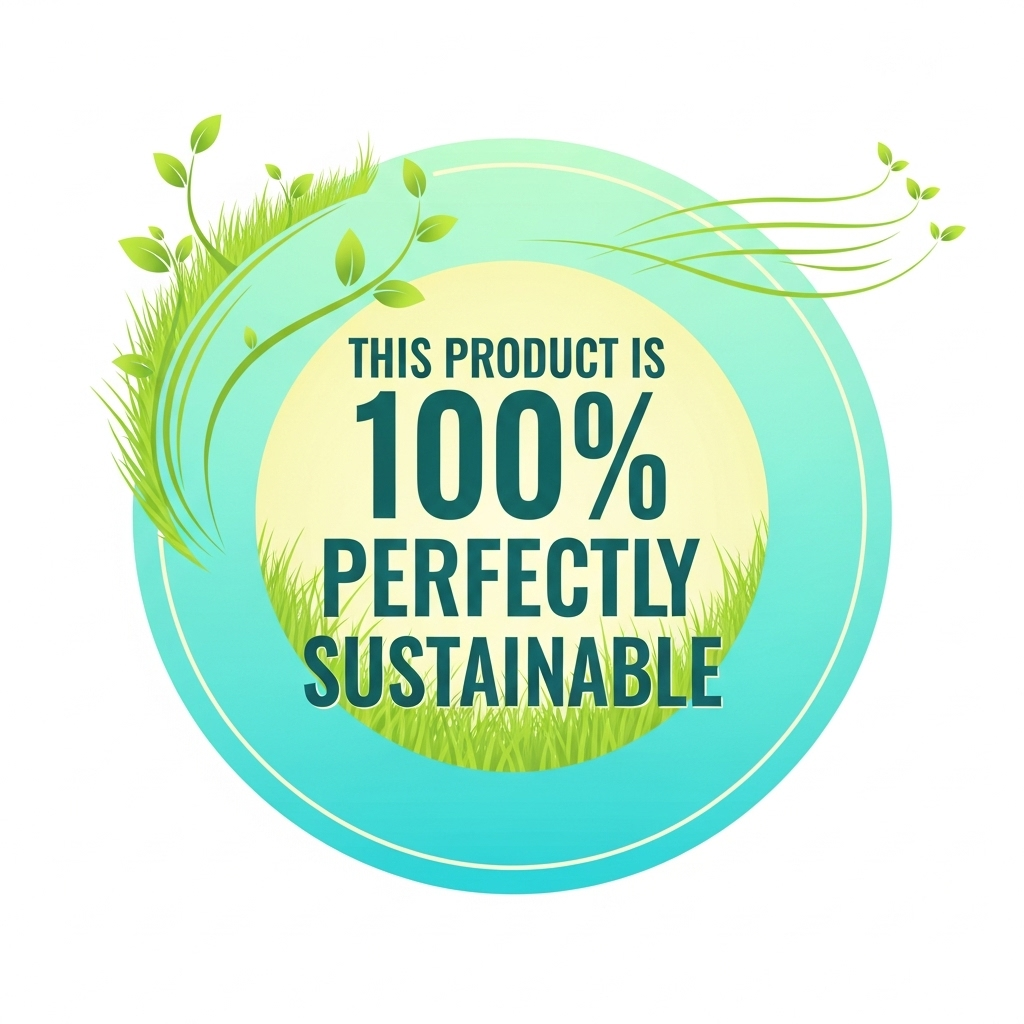Consumers and end users
Building real trust with honest and transparent practices
Consumers are increasingly demanding of the companies they do business with. Not only do they expect quality and safety, but also transparency, honesty and respect for their rights. At a time when greenwashing and misleading claims are common, genuine engagement with consumers is perhaps more important than ever.
Organizations that are successful in building trust with consumers and end users have one thing in common: they put their customers’ interests first and ensure concrete protection of their rights. This goes beyond mere regulatory compliance. It involves a fundamental mindset in which consumer welfare and transparency are guiding principles.
The challenge: building trust in a complex world
Consumers are confronted daily with a plethora of claims, labels and promises. European Commission research shows that 53% of green claims provide vague, misleading or unsubstantiated information, while there are 230 sustainability labels and 100 green energy labels in the EU, with widely varying levels of transparency.
For organizations, this presents several challenges:
- Privacy and data protection: How do you ensure consumer privacy while providing personalized experiences?
- Accessibility and inclusion: How do you make sure your products and services are accessible to everyone, including vulnerable groups?
- Transparent communication: How do you communicate honestly about your impact without falling into greenwashing or misleading claims?
- Security and quality: How do you ensure the physical and digital security of your customers in an increasingly complex world?
The opportunity: a competitive advantage through trust
Organizations that succeed in building real trust with consumers clearly differentiate themselves from the competition. This trust translates into tangible benefits:
- Customer loyalty: Consumers stay loyal longer to brands that respect and protect them.
- Word of mouth: Satisfied customers become ambassadors of your brand.
- Access to new markets: Strong consumer protection opens doors to new audiences.
- Risk mitigation: Proactive approach prevents costly litigation and reputational damage.
- Future-proofing: Anticipating stricter regulations gives a head start.
Legislation as compass, not final destination
European legislation provides important guidance for organizations. The CSRD sets requirements for transparent reporting on consumer impacts, while the Green Claims Directive (although currently suspended) makes it clear that the EU intends to introduce comprehensive regulations on the requirements for permissible environmental claims. Directive (EU) 2024/825 explicitly prohibits certain misleading claims such as generic terms like “environmentally friendly” or “climate neutral” without concrete substantiation.
But laws are only the starting point. Organizations that make real impact go beyond compliance and bet on genuine commitment to consumer welfare.
Practical steps to trust
Transparency as a foundation
Consumers have a right to quality information about the products and services they purchase. This starts with product information in accessible formats and multiple languages, but moves on to substantiating all claims with concrete, verifiable data. The difference between “environmentally friendly” and “manufactured with 30% less CO2 emissions” speaks for itself. Avoid misleading comparisons and ensure consistent communication across all channels. When you claim “climate neutral,” explain exactly how you achieve this and the steps you took to do so.
Privacy and data protection
Privacy by design means that you think about data protection from the very first moment of product development. It goes beyond legal compliance: you give consumers actual control over their data and communicate this in an understandable way.
Safety that goes beyond
Safety means more than achieving minimum legal standards. It’s about a culture in which you continuously invest in protection: regular safety tests well above standards and transparent procedures when something goes wrong. Vulnerable groups such as children, the elderly and people with disabilities deserve extra attention through appropriate communication, including product design and accessible complaint channels.
Inclusion in practice
Social inclusion means that all consumers have equal access to products and services, regardless of background, age or disability. This starts with training employees in inclusive customer service so that everyone feels welcome. But it goes further: systematically evaluating processes for unintended biases and making products and services intentionally accessible. Consider multilingual information, physically accessible stores, digital accessibility for people with disabilities, and customized communications for different audiences.

Communicating sustainability to consumers: 8 strategies that really work
The challenge is great. 52% of consumers often find promises about a product’s sustainability implausible, according to research by MarketResponse, b-open and IVRM Reputation among a thousand Dutch

Ecolabel? Don’t think so … or do you?
456. That’s the number of ecolabels worldwide, according to ecolabelindex.com. And more are added every year. As far as I am concerned, that says three things. First: sustainability

Digital Product Passport: a digital identity card for your products
What is in this product? Where do the materials come from? How can it be repaired or recycled? These questions are becoming increasingly relevant at a time when
From theory to practice: the Empact approach
At Empact, we help organizations build trust with consumers through a systematic approach:
- Analysis and Strategy: We begin with a thorough analysis of your current relationship with consumers and identify opportunities for improvement.
- Policy Development: We develop concrete policies that ensure structural protection of consumer rights.
- Implementation and training: We help with practical implementation and make sure your team has the right skills.
- Monitoring and improvement: We set up systems to measure progress and continuously improve.
- Reporting: We support transparent communication about your performance and impact.
Starting consumer engagement
Consumers deserve more than empty promises: they deserve organizations that truly take their rights, safety and well-being seriously. This is not just an ethical imperative, but a strategic choice that translates into stronger customer relationships, a better reputation and sustainable growth.
Want to know how your organization can really build trust with consumers and end users? Contact us for an informal discussion.
